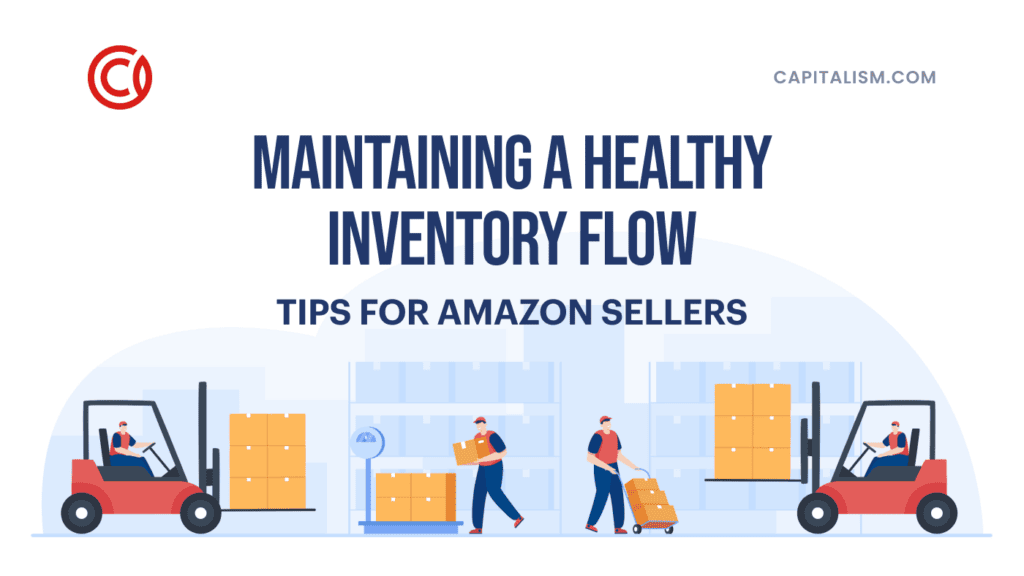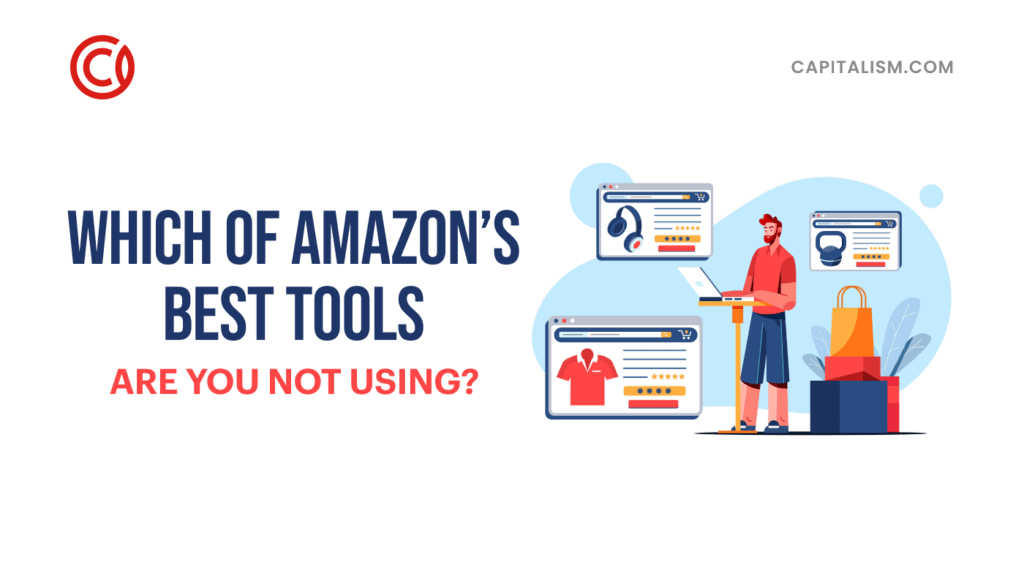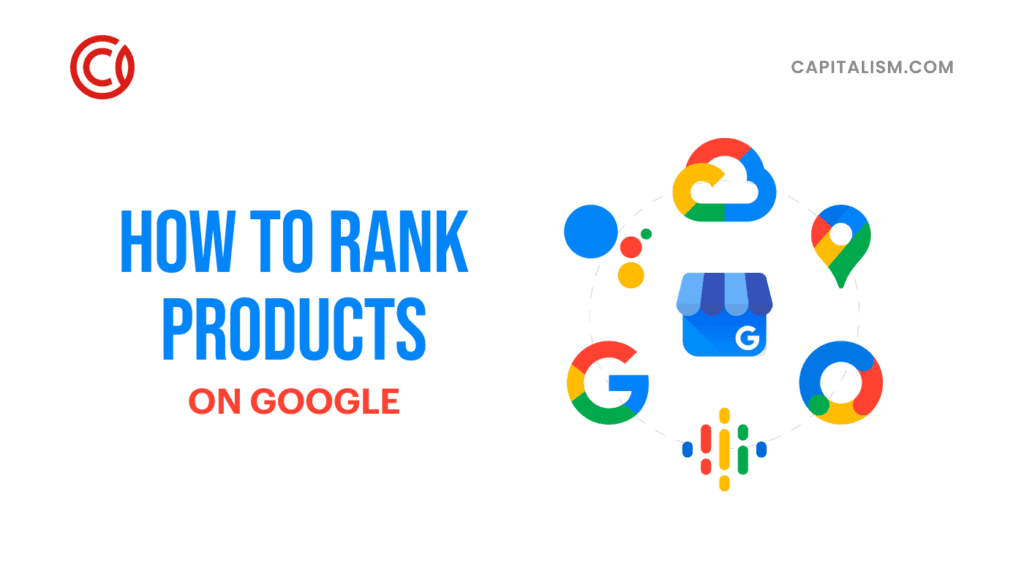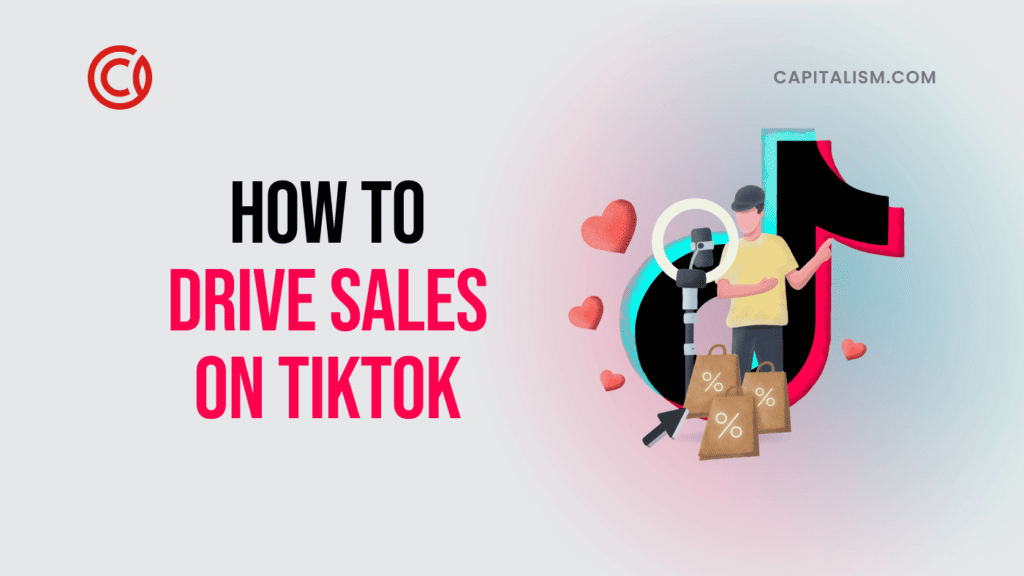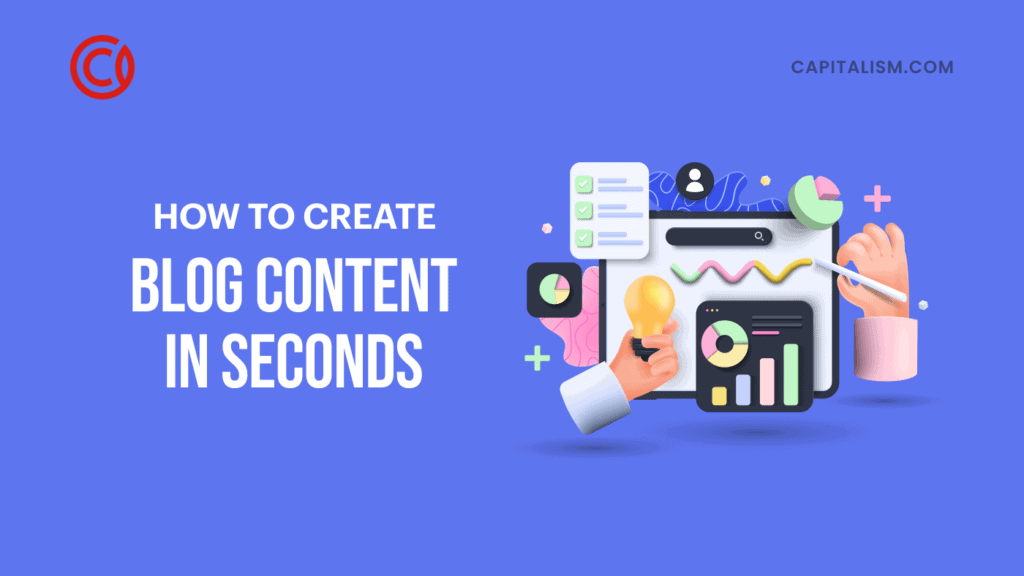A Quickstart Guide for Entrepreneurs Making a New Hire
Need more hands on deck to handle the increased workload of your growing business? Adding a new hire to your team is one of the best ways to delegate tasks and boost productivity.
The process of hiring, however, can be a little confusing. That's why we're answering all your questions about new hires. Let's dive in.
What You Need to Know Before Making Your Next New Hire
There may be no nerve-wracking challenge for entrepreneurs than hiring new team members. Many business owners try to hire people to handle the tasks they don’t want to do (not as smart as it sounds!). Others aim to replicate their own strengths by hiring someone to take the ball where it is and run the rest of the way toward the end zone. But then they get frustrated when their new hire isn’t an instant rockstar.
“It’s just faster if I do it myself,” they say.
But if you’ve run a business for any length of time, you’ve reached the startling conclusion that… you are ONLY ONE person! You can’t do it all and scale your business at the same time. At least, you can’t do so indefinitely.
So, we made this quick guide to making your next new hire the best one yet. At the end, we’ll also tell you how you can take a deeper dive into the topic of hiring, onboarding, firing, and managing a team.
New Hire Meaning: What Is Considered A New Employee?
Under the law, a "newly hired employee" is somebody who:
- Never worked for you.
- Previously quit and has not worked for you for at least 60 consecutive days.
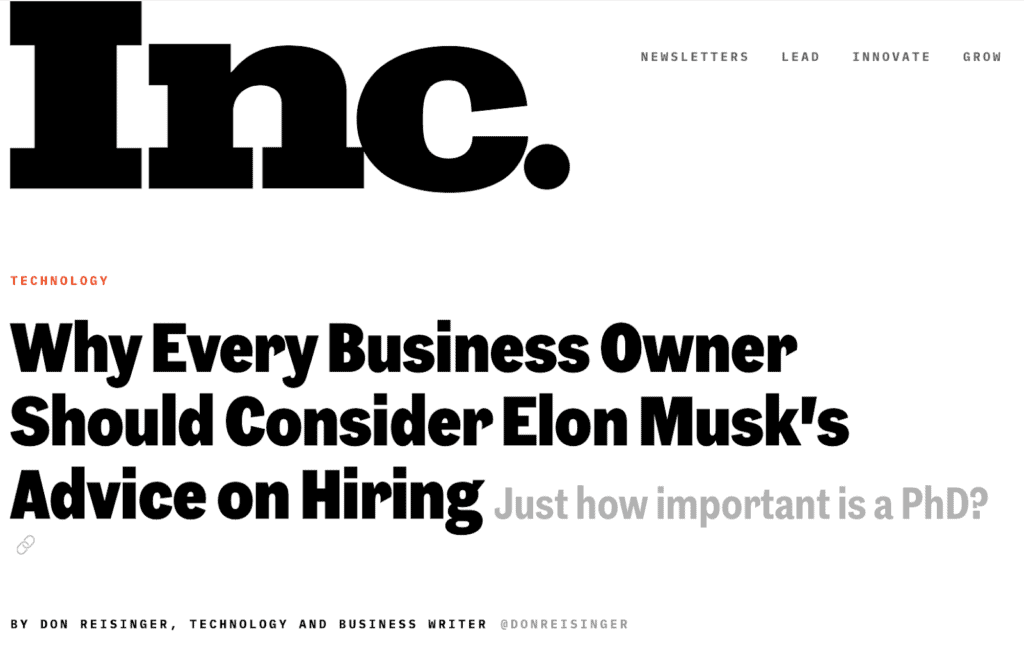
What to Look for in a New Hire?
If you’ve ever held a job, you know how interviews go. The interviewer asks questions; you answer. But as a business owner, you're no longer under the spotlight. Now, you're the one asking the questions. But what do you look for in a stellar candidate?
Believe it or not, education is no longer a reliable indicator. Inc Magazine notes that Elon Musk doesn't care if a new hire graduates high school. Instead, he cares only about "analyzing whether the person actually has the ability to get the job done right."
If that isn’t a sign of a new day dawning, what is? (See #10 on our list of industries that may never go back to normal after Quarantine.)
While we’re discussing terminology and HR stuff, here are some definitions and FAQs you might find helpful:
- Is New Hire Reporting Mandatory?
Yes. You must submit a new hire reporting form within 20 days of their hire date, or risk paying a fine.
- How Do I Report A New Hire?
You must submit a new hire form to your designated state agency.
- What Is A New Hire Reporting Form?
Many companies use Form W-4 to report new hires, but it can vary by state. Search your specific state using search terms like "TN New Hire Forms" or review the State New Hire Reporting Requirements under the Office of Child Support Enforcement (OCSE).
- Can New Hires Get Unemployment?
The Employment Development Department (EDD) states that "you must have earned enough wages during the base period" (12-month base period).
- What Are The First 90 Days Of A New Job Called?
Many companies call it "Orientation."
- How Long Should You Give A New Employee?
The first 90 days often indicate a new hire's competence, attitude, and personality.
- Why Do Good Employees Get Fired?
An employee can be skillful, but if they lack other values that are critical to the company's culture, they may be a poor fit. In an interview with Business Insider, Blackstone CEO Stephen Schwarzman notes how skill is only one factor to consider in new hires. He also values "someone whose way of thinking can gel with his, allowing them to communicate fluidly and reach conclusions even when they initially disagree."
How Do I Hire Top-Notch Talent?
Now, inside The One Percent throughout July 2020, we’re talking about just that. Ryan interviewed Capitalism.com’s very own Chief of Staff, Ines Manziano. She provided valuable insights into her hiring process that are so good, you’ll want to watch the whole interview yourself.
We think this training is so good that we streamed it live to YouTube. Members inside The One Percent community not only get to watch this live. They also get to ask questions and find tons of resources inside our give-only community. It’s like nothing else out there. (Check it out here.)
What Are The 4 Phases Of Onboarding?
Onboarding is the process of integrating your new hire into the company and often follows four phases:
- Pre-Hire: Your new hire accepts the job and completes paperwork before their first day.
- First Day: Making your new hire feel welcome and engaged on their first day.
- Orientation: Teaching your new hire about the company's background, culture, and individual responsibilities.
- Training and Feedback: New hires undergo supervised training until they can handle their duties independently.
CNBC reports how businesses are "turning to technology to maintain business continuity" in response to business closures due to COVID-19. Think about how you can leverage technology to update your onboarding processes.
Mark Your Calendar - This New Hire Training Changes Everything
In fact, as the business world makes a hard pivot due to the pandemic, we’re seeing a major shift toward hiring remote team members and running virtual teams. We’ll be talking with one of our One Percent community members who will share the hiring funnel he built for his business. Using this funnel, he says, he’s found and hired the best virtual assistant he’s ever had (in nearly two decades of having an online business).
If you’d like to find out how he finds stellar team members who deliver a huge ROI on their pay, you can either join The One Percent where you’ll find “your” tribe. Or you can subscribe to our YouTube channel (enable notifications if you want a heads-up before we go live).
Either way you join us, we guarantee you’ll have a knock-your-socks-off experience with our community. Plus, you can shave years off your learning curve so you reach your business goals faster while enjoying the journey along the way.




